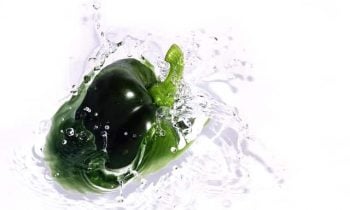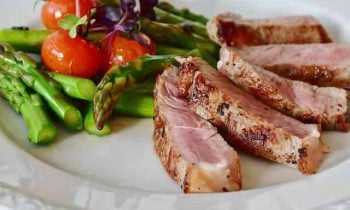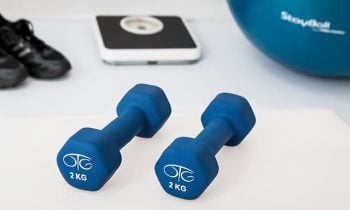Is protein powder really necessary? The first thing to consider is if you are getting enough protein from whole food sources. Experts say that there really is no such thing as a true paleo protein powder because the paleo diet places importance on eating whole, unprocessed foods that hunter-gatherers probably ate many years ago.
However, most athletes and muscle builders who eat paleo don’t follow the diet 100% of the time, choosing instead to follow popular ways of carb loading to get ready for a big competition. That being said, if you are looking for a paleo protein powder, you might want to consider other sources of protein as well.
Protein recommendations from various sources vary considerably. For example, the United States Department of Agriculture only recommends 5 ounces of protein a day while The American College of Sports medicine suggests that protein should be 15-20% of your diet. There are also some situations where it might be a good idea to increase the typically recommended protein intake of 15-20% to as high as 35%, for example extreme athletes or muscle builders may need the extra protein.
Of course, you should seek the advice of a nutritionist before increasing your protein to that extent. While it is typically safe to consume higher amounts of protein, that is only if there is no pre-existing condition. You don’t want to cause yourself irreparable damage by consuming extreme amounts of protein only to find out that you had an underlying condition you did not know about.
The best natural sources of protein are beef, chicken, fish, pork, eggs, dairy, nuts and seeds. But for those who are having trouble getting enough natural protein in their diet on a regular basis, or those who may workout to the point that their bodies need more protein on a consistent basis, a good protein powder may be the best option for you.
There are three kinds of protein powder — soy (plant based), whey (fast absorbing protein powder found in milk) and casein (the main protein in milk, slow absorbing.) Of course the whey and protein powders would be considered dairy and you would want to avoid them if you are strictly paleo. There is also concern that these powders are made from low quality milk.
Always read the ingredients of the protein powder that you’re considering purchasing. Many contain questionable ingredients such as artificial flavors and sweeteners. Look at reviews, look at different online sites, really do your research before you put anything into your body.
Some healthy protein recommendations include Pure Paleo, Paleo Pro, Great Lake Beef Gelatin (add to smoothies and coffee for a protein boost), hemp protein powder and egg protein powder. As mentioned, experts say there is no such thing as a ‘true’ paleo protein powder, but these recommendations seem to have won favor within the paleo community. Protein shakes can be used as a meal substitute or in between meals. You can increase the nutritional value by adding raw avocados and eggs.


 Cross Training
Cross Training Starting Paleo Diet
Starting Paleo Diet Tweak Paleo To Lose Weight
Tweak Paleo To Lose Weight Paleo Meals
Paleo Meals Paleo Workout
Paleo Workout Batch Cooking
Batch Cooking Drinking Water
Drinking Water